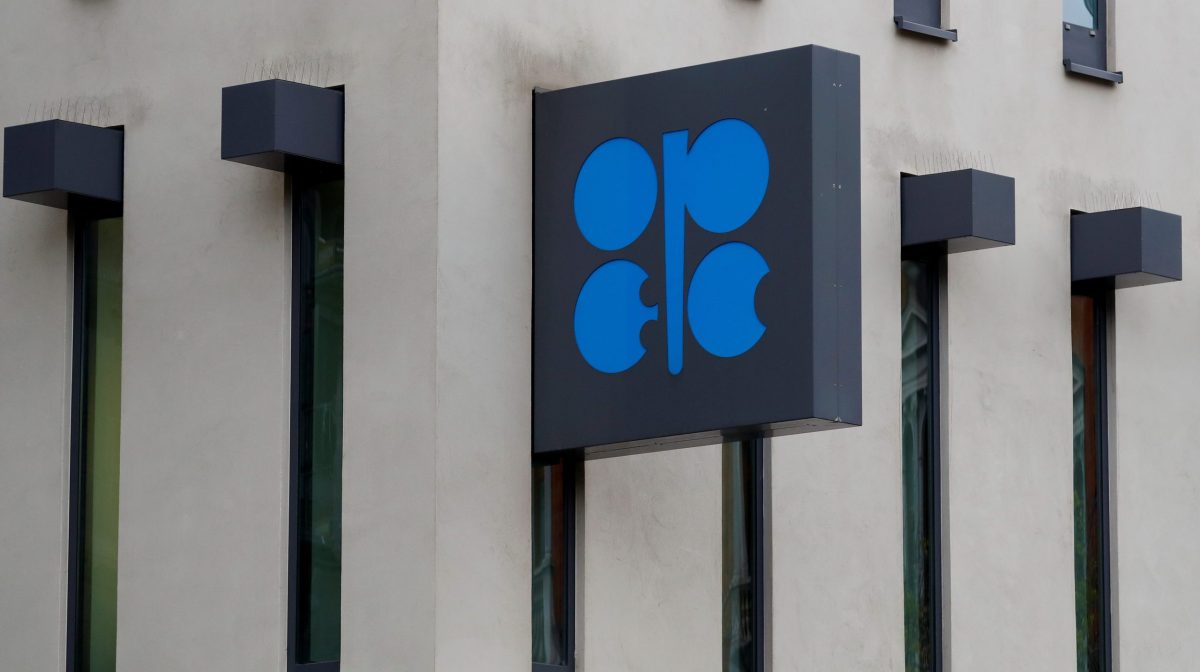OPEC+ is expected to approve a further increase in oil production for July during meetings this week, according to three delegates who spoke to Reuters. The move forms part of the group’s strategy to meet growing global demand and strengthen market share.
When the full 22-member alliance convenes tomorrow for a market review, sources suggest that no changes to the current production policy are likely. However, a separate meeting of eight key OPEC+ members on Saturday is anticipated to result in a fresh output boost.
OPEC+, which comprises the Organisation of the Petroleum Exporting Countries and partners such as Russia, has implemented multiple layers of output cuts since 2022 to stabilise the oil market. Two of these cuts are scheduled to remain in place until the end of 2025.
In April, eight members of the group began easing the latest layer of cuts. For both May and June, they agreed to an output hike of 411,000 barrels per day (bpd)—a figure higher than initially expected.

Three OPEC+ insiders said that a similar increase is being considered for July. Due to the sensitive nature of the talks, none of the sources agreed to be named.
“We assign a high probability to another sizeable output increase of 411,000 bpd,” said Ole Hvalbye, analyst at SEB. “However, this potential hike seems largely priced in already.”
Speaking on Tuesday, UAE Energy Minister Suhail Mohamed Al Mazrouei commented that the group is focused on balancing the market while addressing rising demand.
Global oil prices fell to a four-year low of under $60 per barrel in April following OPEC+’s announcement of accelerated output hikes for May. Concerns about global economic uncertainty, fuelled in part by US President Donald Trump’s tariffs, also played a role. Prices have since rebounded to approximately $65.
Earlier this month, reports indicated that the eight member states may follow July’s potential increase with a full phase-out of their voluntary production cuts by the end of October.


 Trending
Trending 